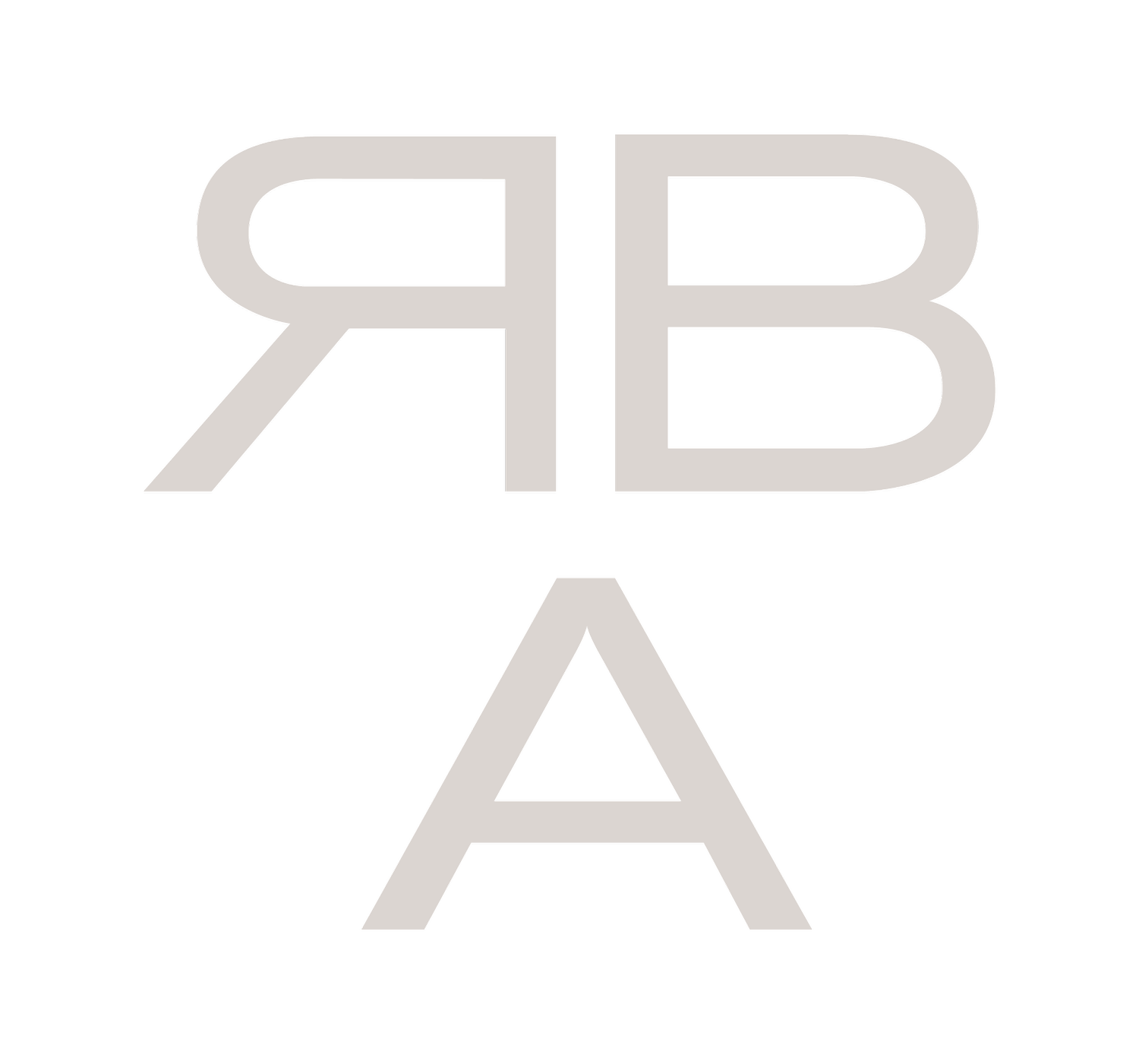NEW YORK TIMES | VANESSA FRIEDMAN
Can a man with deep experience in razors, fragrance, deodorant and shampoo help turn around the glossy narrative of Ralph Lauren, the brand, which has been troubled lately by store closings, less-than-stellar results and a chief executive’s departure?
Ralph Lauren, the man, seems to believe so, and on Wednesday he named Patrice Louvet, a former president of the global beauty division at Procter & Gamble and onetime leader of Gillette, as president and chief executive of the Ralph Lauren Corporation.
“He’s an enormously skilled business leader with a deep passion for the consumer and a sophisticated understanding of building global brands,” Mr. Lauren, executive chairman and chief creative officer, said in a statement, citing Mr. Louvet’s “collaborative working style, transformation experience and intense focus on results.”
He becomes the most recent example of a trend in luxury brands: looking to the world of consumer products to fill leadership ranks.
“Every few years, there are certain places that are seen as good training grounds,” said William S. Susman, founder of the investment firm Threadstone Advisors. “For a while it was Bloomingdale’s, then Neiman Marcus. Now it’s the consumer products firms. They teach branding and direct-to-consumer sales, especially direct-to-millennial-consumers, and that is what everyone wants.”
They also may have more in common with billion-dollar global brands such as Ralph Lauren than smaller luxury houses do, said Robert Burke, founder of the luxury-sector consultancy Robert Burke Associates, especially in terms of managing an organization of global scale.
It arguably began in 2001, when LVMH Moët Hennessy Louis Vuitton hired Antonio Belloni, also a former Procter & Gamble executive, as group managing director, a job he still holds. But it didn’t cause much disruption in the industry until 2004, when François Pinault, then chief executive of the conglomerate Pinault-Printemps-Redoute (later PPR, and now Kering), chose Robert Polet, a frozen-foods executive from Unilever, to run the luxury division Gucci Group.
Mr. Polet was replacing Domenico De Sole, a widely respected fashion executive who, with Tom Ford, had revived Gucci and turned it into a global power. The industry scoffed at the idea of an “ice cream salesman” managing brands such as Gucci, Yves Saint Laurent and Balenciaga. The idea being, apparently, that someone with experience in selling such commoditized pleasures could not possibly understand the mysteries and creativity involved in luxury.
That turned out not to be true, and Mr. Polet did just fine until 2011, when François-Henri Pinault took over at PPR.
Since then, other executives have crossed the consumer-luxury barrier without much resistance, notably Fabrizio Freda, chief executive of Estée Lauder, who also previously worked at Procter & Gamble. Though the transitions have generally worked, a notable exception was Grita Loebsack, former executive vice president of skin care at Unilever, who briefly joined Kering as chief executive of its luxury, couture and leather goods emerging brands division in 2015, and quietly departed less than a year later.
“Well, nothing is foolproof,” Mr. Burke said. Especially when the job transition involves moving to what is effectively still a family-run company, like Ralph Lauren.
The risk, of course, is that, as Michael Boroian, president of the executive search firm Sterling International, said, the consumer products groups’ “more analytical, quantitative, rational and marketing-driven approach” is not always compatible with the more “intuitive, qualitative, heritage and high-touch bespoke client-centric approach” of a brand still run by its founder.
Whether this will prove to be a stumbling block for Mr. Louvet, as it was for his predecessor, Stefan Larsson, remains to be seen (Ralph Lauren shares fell slightly on Wednesday). But in the case of Ralph Lauren and its new chief executive, there’s another factor to consider, one that was not, as it happens, mentioned in the announcement.
“The brand has the veneer of luxury, but it’s also a consumer products company,” said Mr. Susman, referring to Ralph Lauren licenses, fragrances, housewares such as towels and sheets, and outlet basics like the Polo shirt. Under the dream, the commodities lie.

